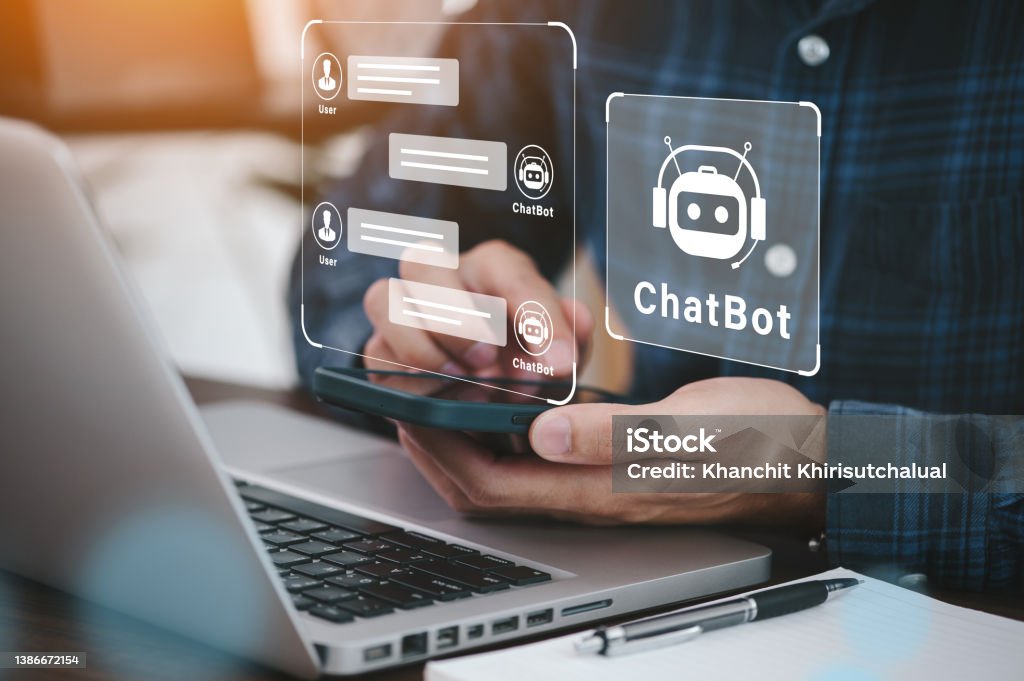
In the Eyes of the Believer Column of the Catholic Times a parish priest gives the results of his use of ChatGPT website.
Not long ago, he opened the site which is emerging as a global topic, and waited for the results to his question in English: "Please write a sermon in Year A on the 1st Sunday of Lent." In an instant, he was given a sermon that filled up a sheet of A4 paper.
He was able to get a proper sermon at once by using English. Content is quite logical and comprehensive, but it felt flat with no depth and no concrete examples of life experiences.
ChatGPT, an artificial intelligence (AI) conversational chatbot, is a service that generates answers to questions with a super-giant AI designed to think and judge like a human by learning large amounts of data. On November 30, 2022, within two months of its release, ChatGPT users are said to have exceeded 100 million.
The use of ChatGPT, which can be called 'an invention as important as the Internet', is limitless. First of all, ChatGPT provides the right answers to the right questions. It's like talking to a very knowledgeable person who is capable of answering whatever he/she is asked. It is also applied to creative activities in all fields such as papers, novels, and poetry.
What effect does ChatGPT have on religion and religious life, and how can believers use it wisely? Believers who are accustomed to searching will now have the possiblity of going to ChatGPT about the Bible and doctrine.
When he went searching on the internet, the sites were many and the information so extensive it was difficult to determine which one was appropriate, and it took a lot of time and effort to find the data. How convenient and time-saving now with the ChatGPT.
ChatGPT is also available for religious conversations and counseling. Of course, there is still no depth, so it is premature to expect it to serve as a professional counselor.
Although ChatGPT can have a positive effect on faith, it has several problems and limitations. Like any other media, ChatGPT is addictive. A person who is exhausted by constant conversation with it can become a person subject to it. For believers, addiction to ChatGPT will have the side effect of distancing from God. Also, ChatGPT is not a substitute for personal fellowship and dialogue with humans. It helps to form, maintain, and deepen human relationships, but it does not provide relational resources such as mutual understanding, empathy, and solidarity. In particular, ChatGPT is highly likely to become a tool for expanding and reproducing hatred, prejudice, and fake news, so there is a risk of deceiving others or destroying other people's lives.
No matter how good the technology, no matter how great the invention of mankind, there are always two sides. Whether ChatGPT will become a state-of-the-art technology that enhances human knowledge and experience, or a tower of Babel that crosses the realm of God with uncontrolled human desires, is ultimately up to humans.
ChatGPT is expected to have a tremendous ripple effect. The church will have to research and pay attention to it in depth from a policy point of view through theological and ethical analysis and interpretation. The Vatican has already announced the "Rome Declaration" for AI ethics in 2020.
The ethical use of AI as defined by the following principles:
1. Transparency: in principle, AI systems must be explainable;
2. Inclusion: the needs of all human beings must be taken into consideration so that everyone
can benefit and all individuals can be offered the best possible conditions to express
themselves and develop;
3. Responsibility: those who design and deploy the use of AI must proceed with responsibility
and transparency;
4. Impartiality: do not create or act according to bias, thus safeguarding fairness and human
dignity;
5. Reliability: AI systems must be able to work reliably;
6. Security and privacy: AI systems must work securely and respect the privacy of users.
1. Transparency: in principle, AI systems must be explainable;
2. Inclusion: the needs of all human beings must be taken into consideration so that everyone
can benefit and all individuals can be offered the best possible conditions to express
themselves and develop;
3. Responsibility: those who design and deploy the use of AI must proceed with responsibility
and transparency;
4. Impartiality: do not create or act according to bias, thus safeguarding fairness and human
dignity;
5. Reliability: AI systems must be able to work reliably;
6. Security and privacy: AI systems must work securely and respect the privacy of users.